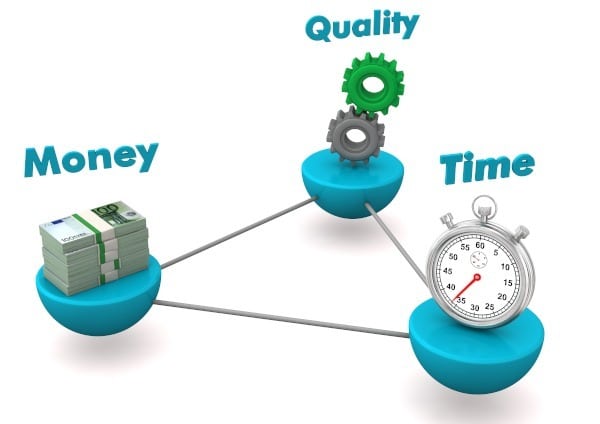What is yield management?
Yield management means product-dependent price differentiation to increase returns.
In order to optimize revenues and maximize margins (= profit), systematic demand management is required. One method of putting this into practice is revenue management.
How does this work? It is primarily about price-driven demand optimization, not about acquiring new customers. By using special software, countless data fragments and other aspects can be analyzed in order to target different groups of buyers and persuade them to take action.
The aim is to prioritize those requests that are associated with the highest willingness to pay. Classic yield management can be found in segments such as air travel, hotel accommodation and rental cars. The aim is to make the best possible use of existing capacities and resources.
Simply put! Use of yield management by airlines
A look at the tourism industry is enough to understand why dedicated yield management makes sense:
- A basic distinction is made between different customer groups, including business travelers, individual travelers and package tourists.
- The way in which and, above all, when these customer groups book a flight differs significantly. Individual travelers, for example, are very flexible, while business travelers are more short-term oriented.
- These customer-specific differences result in a different willingness to pay in each case, and a distinction must also be made between the quotas for each individual customer group.
The task of yield management is now to balance the optimum ratio in relation to the price. The aim is to ensure optimum capacity utilization. And in this context, "optimal" means focusing primarily on the customer group of business travelers that is associated with a high willingness to pay. This is achieved through targeted demand management with the help of prices and offers.
Important: The more information is provided, the better prices can be tailored to the specific needs of a customer group. Nesting, i.e. the formation of a contingent, is of particular importance here.
This information influences the application of revenue management
Gordon Gekko, the legendary character from the US movie "Wall Street" (1987), already knew that information is the most important factor of all. Quote: "The most valuable commodity I know of is information."
If we don't question this and relate it to yield management, the context becomes clearer. After all, demand management is always about maximizing profit. And this works best when as much relevant information as possible is provided.
But what information is needed for yield management? Here is a compact overview that provides a better understanding of the topic.
- Capacity for the underlying product/service
- Own prices and prices of the competition
- Seasonal fluctuations
- Demand situation in the past
- Current capacity utilization
- Time of purchase/booking
- Customer-specific behavior
However, there are still many unknown variables that can only be estimated or approximated. These include factors such as willingness to pay on the one hand, as well as cancellations, the influence of competitors' marketing campaigns, etc. on the other.
Intelligent yield management is particularly useful in sectors such as logistics, which are already strongly driven by data, information and automation. After all, there are countless variables that can be analyzed using the right algorithms. Nevertheless, we not only want to present the advantages of yield management, but also critically examine the disadvantages.
Advantages of yield management:
- Optimized, i.e. higher capacity utilization or increased sales with the help of dynamic pricing
- Presentation of attractive prices relevant to the customer group (= customer loyalty)
- Sensible market segmentation that influences the company's key decisions
- Better management of supply and availability, leading to synergy effects
- Adaptation of the sales process by means of cross-selling and upselling
Disadvantages of yield management
- Yield management must be adapted to the company's pricing strategy
- Willingness to pay of individual customer groups changes, which has a negative impact on demand
- Adapting to the competition, which requires regular market analysis
This means that yield management methods must be constantly adapted and put to the test, as important parameters can change quickly. In addition, a fundamental pricing strategy is needed in the context of a target group approach, as price control is not always the best way to achieve higher capacity utilization.
